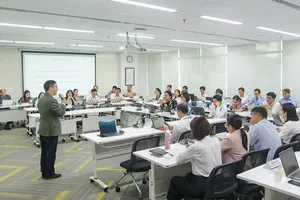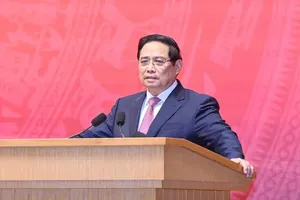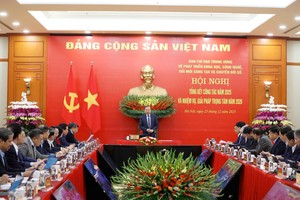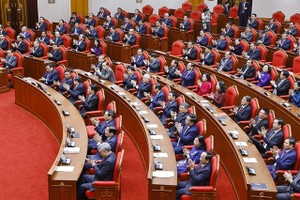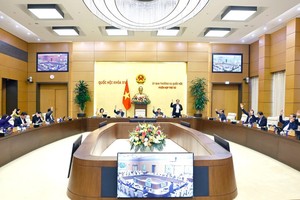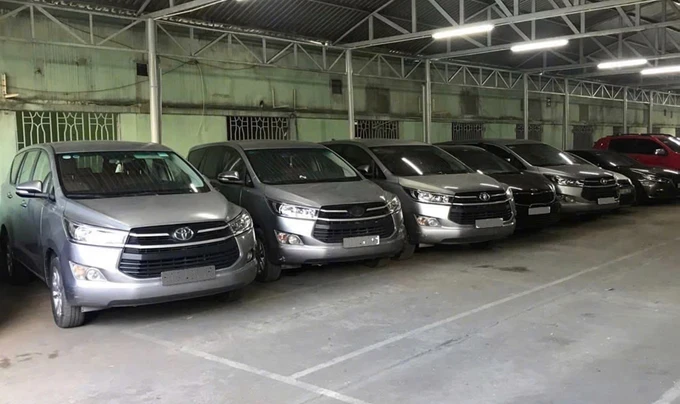
Accordingly, at the 8th session of the 15th National Assembly, the Prosecutor General will present a draft resolution on a pilot program for the expedited handling of assets and evidence during the investigation, prosecution, and trial of certain criminal cases.
This is seen as a solution to the pressing need for swift disposal of such assets while ensuring that the objective and accurate resolution of cases is not compromised, safeguarding both the interests of the State and the legitimate rights and interests of organizations and individuals.
The draft resolution outlines five key measures for the handling of assets and evidence, including:
- Introducing specific procedures for dealing with financial assets as evidence;
- Allowing accused parties to post security deposits to have assets released from seizure, detention, or attachment;
- Permitting the sale or transfer of assets and the temporary retention of the proceeds;
- Returning assets to their rightful owners or legal custodians for management, exploitation, and use;
- Temporarily suspending transactions involving specific assets.
Vice President Phan Trung Hoai of the Vietnam Bar Association noted that if passed, these measures would address many practical issues. For instance, in many economic cases, assets such as projects can be significantly devalued due to prolonged legal proceedings or changes in local planning, affecting both businesses and the State.
A judge in HCMC highlighted the delays in handling assets as evidence, particularly in cases involving theft, which can lead to a significant depreciation in value when the asset is returned to the victims at the closure of the lawsuit.
Deputy Chief Justice Phung Van Hai of the People's Court of HCMC emphasized the importance of considering the disposal of valuable or unique assets at the investigation stage to prevent depreciation and ensure effective enforcement.
Flexibility in processing is essential and practical, preventing evidence and asset deterioration, loss, or waste, while ensuring legitimate organizational and individual rights and interests.
Lawyer Phan Trung Hoai viewed the draft resolution as a groundbreaking solution to prevent waste, especially in cases involving projects with pending legal status, where mechanisms are needed to process distrained and frozen assets, enabling project owners and investors to complete legal requirements.
National Assembly Deputy Nguyen Thi Viet Nga agreed that the provisions would protect the rights of the accused and balance the interests of the State, organizations, and individuals.
For instance, regarding real estate evidence and land-attached assets, value diminishment or loss occurs without continued exploitation and utilization. Therefore, the proposed evidence and asset handling measures will contribute to resolving practical procedural backlogs.
Additionally, accused people gain opportunities to protect their assets from unreasonable or prolonged seizure, temporary detention, distrait, or transaction suspension. The option to deposit funds as judgment enforcement security helps mitigate economic losses that these accused people might endure due to asset freezes.
According to the 15th National Assembly's 8th session agenda, on October 30, following the Supreme People's Procuracy Chief Prosecutor's presentation of the draft Resolution, the National Assembly's Judicial Committee Chairperson will present the resolution draft assessment report.
If approved at this session, preliminary results from two years of implementation will be reported at the regular session in late 2026. The comprehensive implementation assessment and legislative improvement proposals will be reported at the regular session in late 2027.




